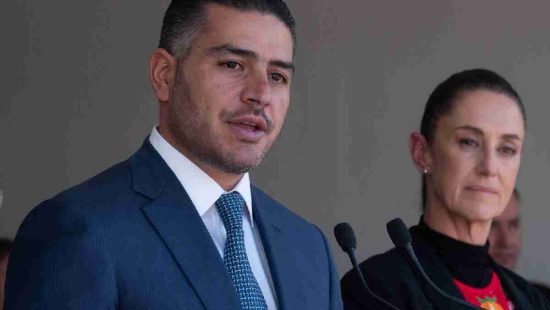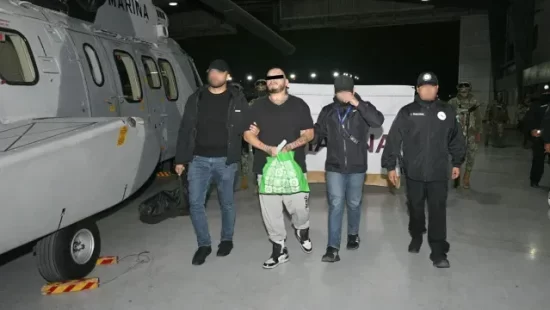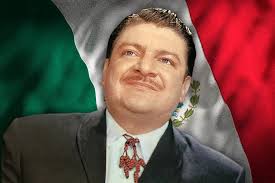As the Trump Administration continues its savage operations against immigrants, it is important to read books from Chicano history, which reflect the community’s struggle for its rights.
As in every field—and fighting against all odds—Chicano writers have carved out a path through sheer persistence and talent. They have written foundational works that capture individual and collective stories that make up our history. Narratives of resilience, suffering, heroism, and struggle define the immigrant community, regardless of generation.
Chicano is a politicized identity that acknowledges Mexican ancestry, centers its unique American experiences in the conversation—away from the margins—and, quite simply, believes in speaking for itself. Its literary lineage dates back to the social movements of the 1960s, when poetry, storytelling, and theater gave voice to the Chicano community’s victories and challenges as it fought for political power and pushed back against harmful misrepresentations. Indeed, the struggle—or la lucha—continues, as does the work of Chicano writers who bear witness from within the community.
Remembering these books, rereading them, will show us that nothing is lost. Here is a limited selection:
Luis J. Rodríguez
After slowly turning away from the gang violence and drugs that marked his youth in 1960s and ’70s Los Angeles, Rodríguez began his career as a journalist and poet. Even during his darkest times, he was active in the Chicano movement. His award-winning memoir Always Running offers a poignant yet ultimately hopeful look at life in the barrio.
Michael Nava
The Little Death. Mexican American author and attorney Michael Nava is best known for his Henry Rios mystery novels, which follow an openly gay lawyer who leaves no stone unturned in his pursuit of justice in San Francisco’s underworld. Born in 1954, Nava is also a contemporary voice in Chicano literature with a focus on LGBTQ rights and issues.
Rudolfo Anaya
Considered the godfather of contemporary Chicano literature, Anaya was born in New Mexico in 1937. At first, his unique style—blending American and Mexican cultures—kept him from landing a mainstream publisher. But he later received multiple literary awards and published dozens of pioneering Chicano works. He is the author of Bless Me, Ultima, which explores belief and healing, and Alburquerque.
Sandra Cisneros
The House on Mango Street—a collection of vignettes about a girl growing up in Chicago—is required reading in middle and high schools across the country. And for good reason: Cisneros, born in Chicago in 1954, pioneered Chicana literature with her stories of navigating between U.S. and Mexican cultures while confronting misogyny present in both.
Gloria Evangelina Anzaldúa
Anzaldúa, a sixth-generation Tejana, was known for her feminist take on Chicana literature. Her work reflects her unique position as an LGBTQ woman of color and strongly advocates for the importance of native language in literature. Her book Borderlands/La Frontera: The New Mestiza is essential reading on identity politics.
Luis Alberto Urrea
The child of a Mexican father and an American mother, Urrea embodies the cultural clash so prevalent in Chicano literature. Blending both literary traditions, his The Hummingbird’s Daughter combines historical fiction with magical realism—and believe it or not, it’s based on true events.








